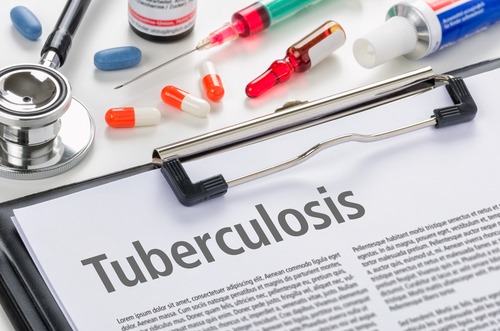
The National Institute of Allergy and Infectious Diseases (NIAID) this week awarded four grants totaling approximately $4.3 million of investment over the first year alone to launch new Tuberculosis Research Advancement Centers (TRACs) across the country.
These grants will last five years, supporting efforts at:
- Texas Biomedical Research Institute in San Antonio, Texas – to support career development, training in biosafety and biocontainment testing, animal models, and animal imaging modalities focused on TB clinical research and TB patient care.
- Johns Hopkins University in Baltimore – to improve integration, productivity, and impact of Johns Hopkins’ existing TB research programs and career development efforts, while also supporting clinical, basic, and computational TB research.
- Emory University in Atlanta – to support career development and access to study populations from areas of high TB burdens and provide resources for studies in pathogenesis and host immunity in animal models and experimental technologies.
- University of Washington School of Medicine in Seattle – to pursue new paths of research and train investigators for work amid the TB epidemic, improving knowledge and capabilities in data statistics, biosafety, clinical research methodology, and offering consulting services for advanced research questions along the way.
Currently, TB is the second leading cause of death from a single infectious agent worldwide. It is only surpassed by COVID-19. Up to 10 million new cases were diagnosed in 2020, which led to approximately 1.5 million deaths. NIAID considers the bacterial disease a top priority, and these new TRACs will help increase the research workforce, opportunities for multidisciplinary and collaborative research, as well as training in lab and clinical settings.

